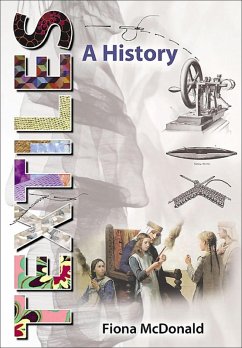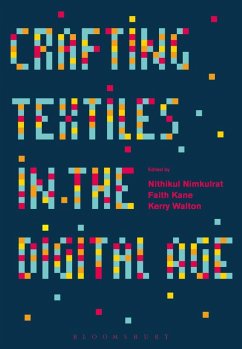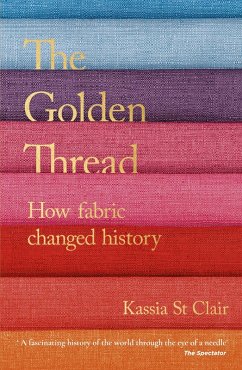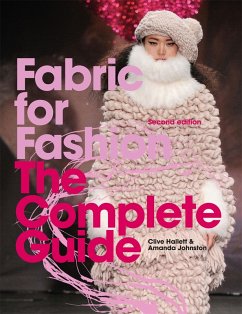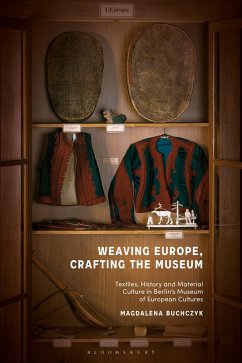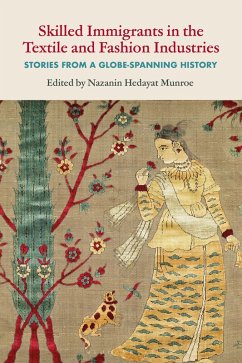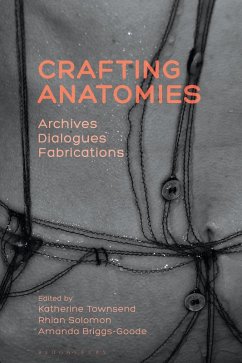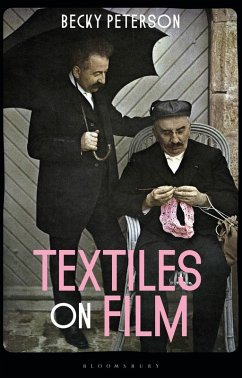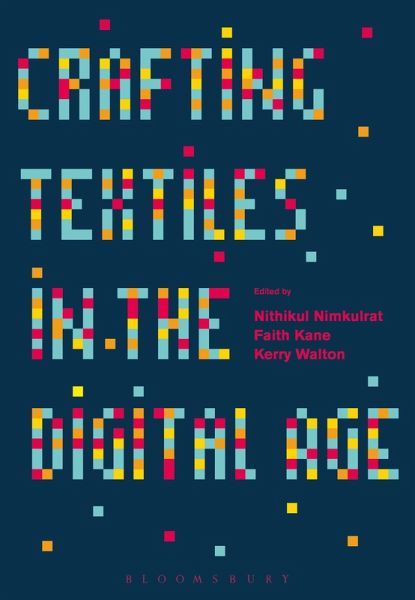
Crafting Textiles in the Digital Age (eBook, ePUB)
Versandkostenfrei!
Sofort per Download lieferbar
21,95 €
inkl. MwSt.
Weitere Ausgaben:

PAYBACK Punkte
11 °P sammeln!
In an era of increasingly available digital resources, many textile designers and makers find themselves at an interesting juncture between traditional craft processes and newer digital technologies. Highly specialized craft/design practitioners may now elect to make use of digital processes in their work, but often choose not to abandon craft skills fundamental to their practice, and aim to balance the complex connection between craft and digital processes. The essays collected here consider this transition from the viewpoint of aesthetic opportunity arising in the textile designer's hands-on...
In an era of increasingly available digital resources, many textile designers and makers find themselves at an interesting juncture between traditional craft processes and newer digital technologies. Highly specialized craft/design practitioners may now elect to make use of digital processes in their work, but often choose not to abandon craft skills fundamental to their practice, and aim to balance the complex connection between craft and digital processes. The essays collected here consider this transition from the viewpoint of aesthetic opportunity arising in the textile designer's hands-on experimentation with material and digital technologies available in the present. Craft provides the foundations for thinking within the design and production of textiles, and as such may provide some clues in the transition to creative and thoughtful use of current and future digital technologies. Within the framework of current challenges relating to sustainable development, globalization, and economic constraints it is important to interrogate and question how we might go about using established and emerging technologies in textiles in a positive manner.




